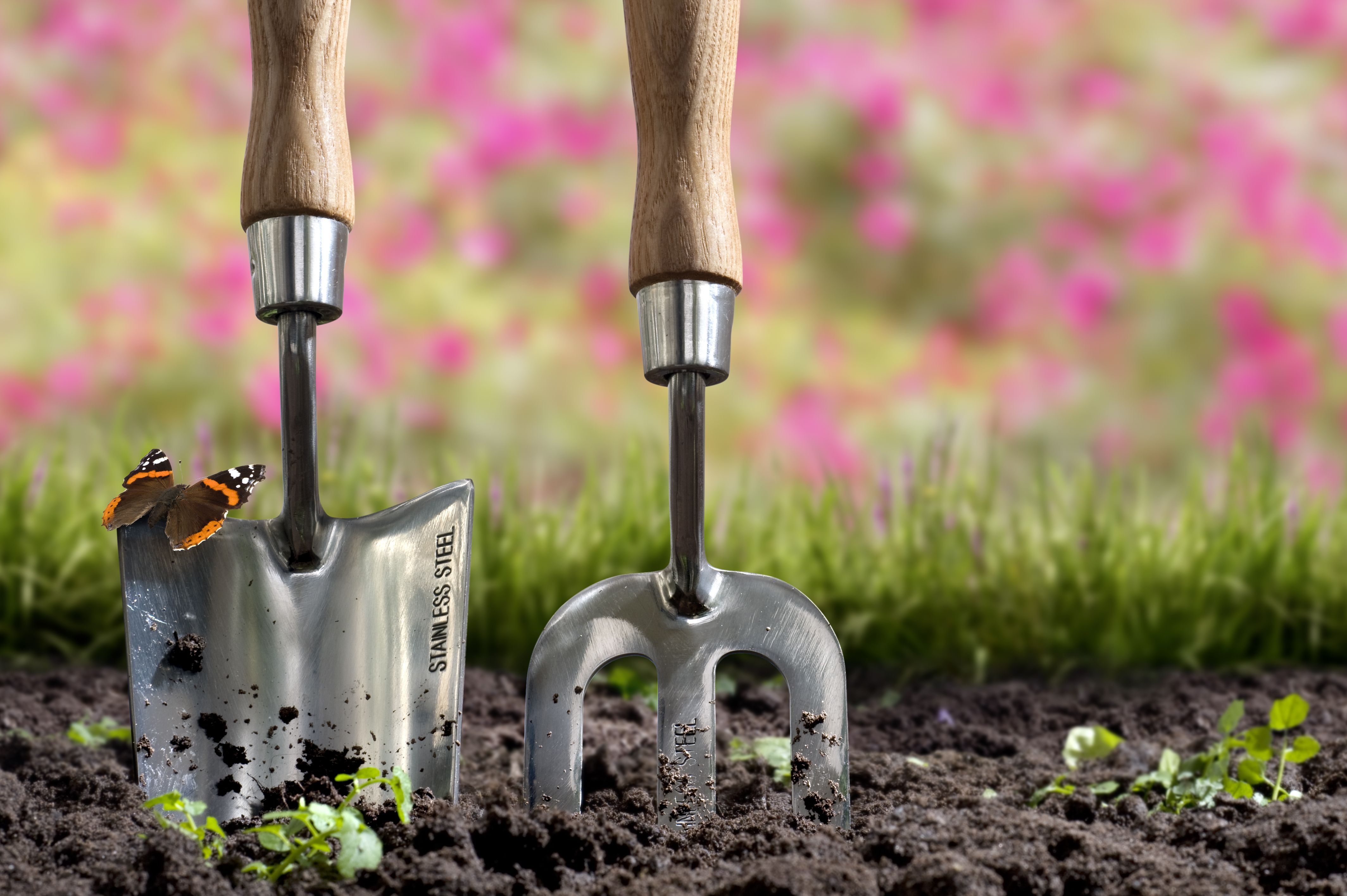Leading Gardening Techniques to Boost Plant Growth and Health
Leading Gardening Techniques to Boost Plant Growth and Health
Blog Article
Opening the Conveniences of Horticulture: A Thorough Take A Look At the Various Kinds and Their Influence on Health
Discovering the multifaceted advantages of gardening discloses a spectrum of techniques that substantially enhance private well-being. As we analyze these diverse horticulture methods, it comes to be apparent that their influence can resonate on individual, social, and environmental degrees, motivating a better look at just how these connections develop a cohesive story of alternative health.
Kinds of Gardening

Blossom horticulture, another preferred classification, highlights the visual charm of cultivated blooms. This kind can improve landscapes and advertise biodiversity by drawing in helpful pollinators. Natural herb gardening includes growing aromatic and cooking plants, contributing both to food preparation and natural solutions.
Container gardening offers convenience, allowing individuals with restricted space to participate in gardening by utilizing pots and planters. This method is especially popular in metropolitan settings. Elevated bed gardening, on the various other hand, involves developing elevated plots that boost soil drain and accessibility, making it less complicated for gardeners to handle their plants.
Last but not least, neighborhood horticulture cultivates cooperation among individuals in common spaces, advertising social communication and cumulative responsibility. Each kind of horticulture serves unique objectives and satisfies different preferences, making gardening a versatile activity that can be customized to specific needs and atmospheres.
Mental Wellness Advantages
Involving in various sorts of gardening not just produces substantial rewards such as fresh produce and lovely blossoms but also provides considerable psychological wellness advantages. Study indicates that horticulture can be a powerful tool for reducing anxiety, anxiety, and clinical depression. The act of having a tendency to plants and cultivating a garden promotes a sense of purpose and accomplishment, which can improve general psychological wellness.
In addition, horticulture urges mindfulness, as it calls for people to concentrate on today minute, whether it be planting seeds or nurturing growth. This mindfulness practice can lead to reduced rumination and improved state of mind security. The direct exposure to native environments during gardening has actually additionally been connected to improved cognitive working and decreased feelings of exhaustion.
Social communication plays a crucial duty in psychological health and wellness, and neighborhood gardening campaigns give possibilities for individuals to connect with others, fostering a feeling of belonging. The shared experience of gardening can grow friendships and support networks, better strengthening psychological resilience.
Physical Wellness Advantages
Several individuals may not understand that gardening likewise gives considerable physical wellness advantages. Participating in horticulture tasks requires a series of physical motions, consisting of bending, lifting, excavating, and growing, which collectively contribute to enhanced toughness, flexibility, and endurance. These actions can improve cardio wellness by promoting an elevated heart rate, consequently lowering the risk of cardiovascular disease.
In addition, horticulture web link can act as a moderate-intensity exercise, helping individuals accomplish recommended exercise degrees. Studies indicate that routine involvement in horticulture can melt substantial calories-- about 200-400 calories per hour, depending on the intensity of the tasks carried out. Such calorie expenditure is beneficial for weight management and overall metabolic health.
Furthermore, exposure to sunlight during gardening can help with the synthesis of vitamin D, which plays a necessary duty in keeping bone wellness and sustaining immune feature. The act of gardening frequently involves functioning with dirt, which has been linked to possible psychological and physical health and wellness advantages due to the existence of useful microorganisms.
Social Connections Via Gardening
The communal facets of gardening foster significant social connections amongst people. Community yards, specifically, act as vibrant centers where people from diverse histories collaborated, growing not just plants but also partnerships. These common spaces urge partnership, allowing people to exchange knowledge, abilities, and resources, thereby boosting their horticulture experience and promoting a sense of belonging.
Involvement in gardening tasks commonly causes Home Page the formation of friendships and assistance networks. Participants regularly join for typical goals, such as growing periods, harvest celebrations, or instructional workshops, which enhance social connections and develop a feeling of neighborhood. Such interactions can minimize feelings of isolation and enhance mental wellness, as individuals locate friendship and friendship in shared undertakings.

Ecological Impact of Horticulture
Gardening considerably adds to environmental sustainability in multiple methods. One of one of the most significant benefits is the improvement of biodiversity. Home gardens provide crucial habitats for numerous types, consisting of pollinators such as bees and butterflies, which are essential for ecological community health and wellness. By cultivating varied plant species, garden enthusiasts can create a balanced environment that sustains both flora and animals.

Additionally, gardens play an important role in water preservation. Well-planned landscapes, consisting of indigenous plants and xeriscaping, decrease water use and avoid runoff, therefore safeguarding local rivers from pollution.
Verdict

To conclude, horticulture works as a complex task that improves health across different domain names. The diverse kinds of gardening-- consisting of vegetable, blossom, natural herb, container, and raised bed-- contribute to psychological and physical health, foster social connections, and advertise ecological sustainability. By engaging in gardening methods, people can experience improved high quality of life while additionally sustaining community bonds and environmental wellness. Ultimately, the alternative advantages of horticulture emphasize its importance as an essential element in improving general health.
Report this page